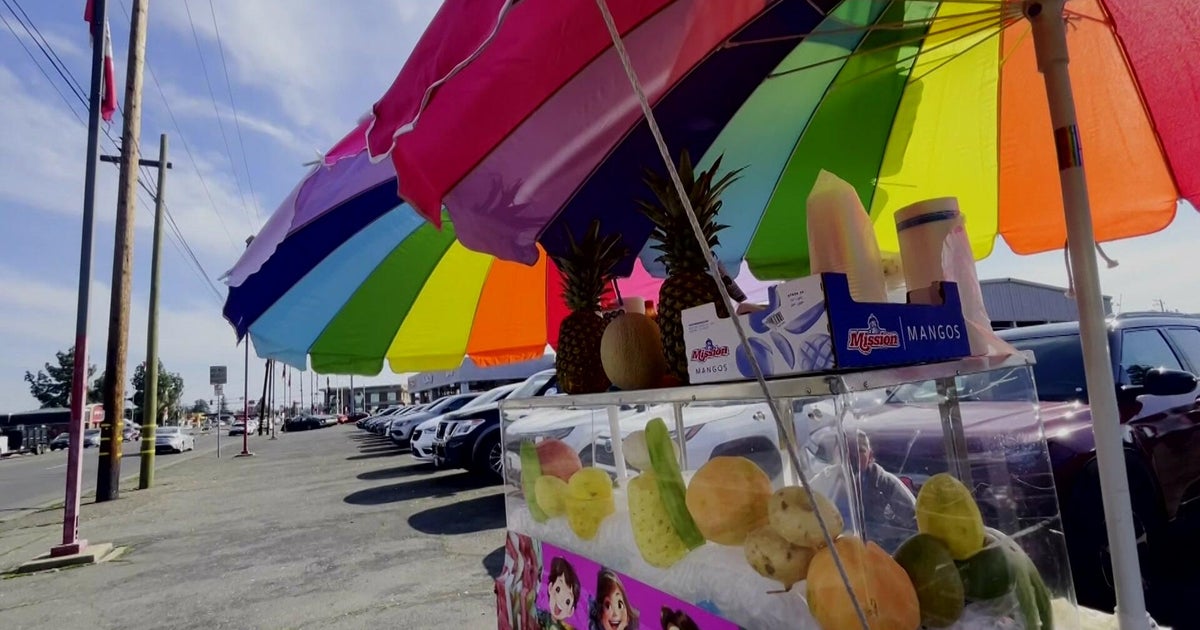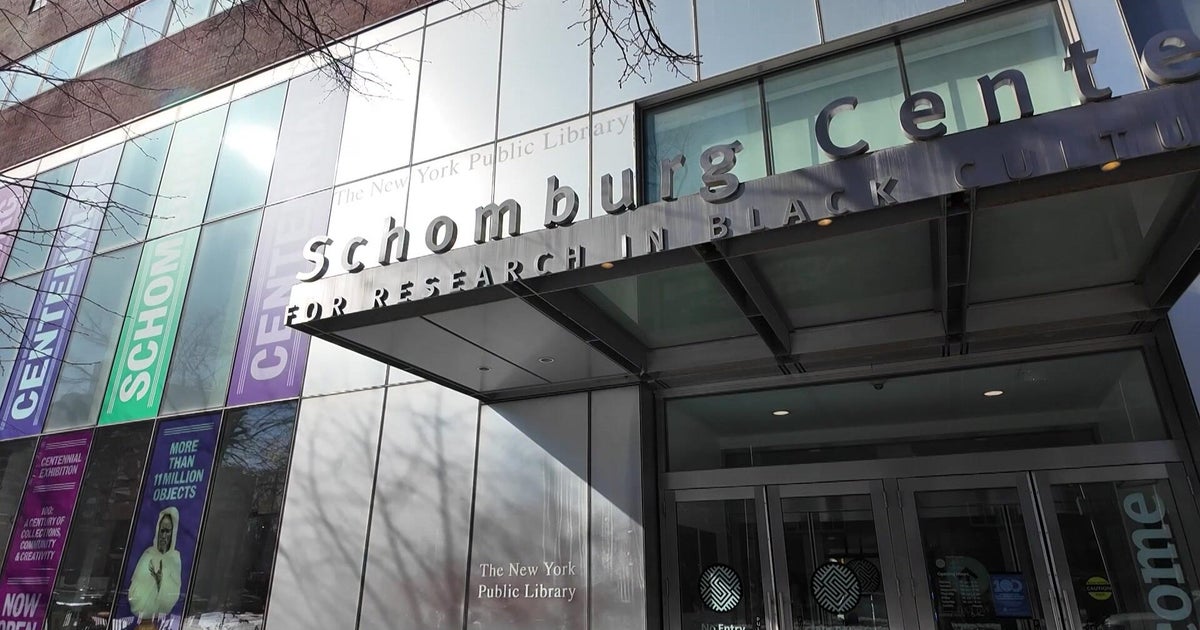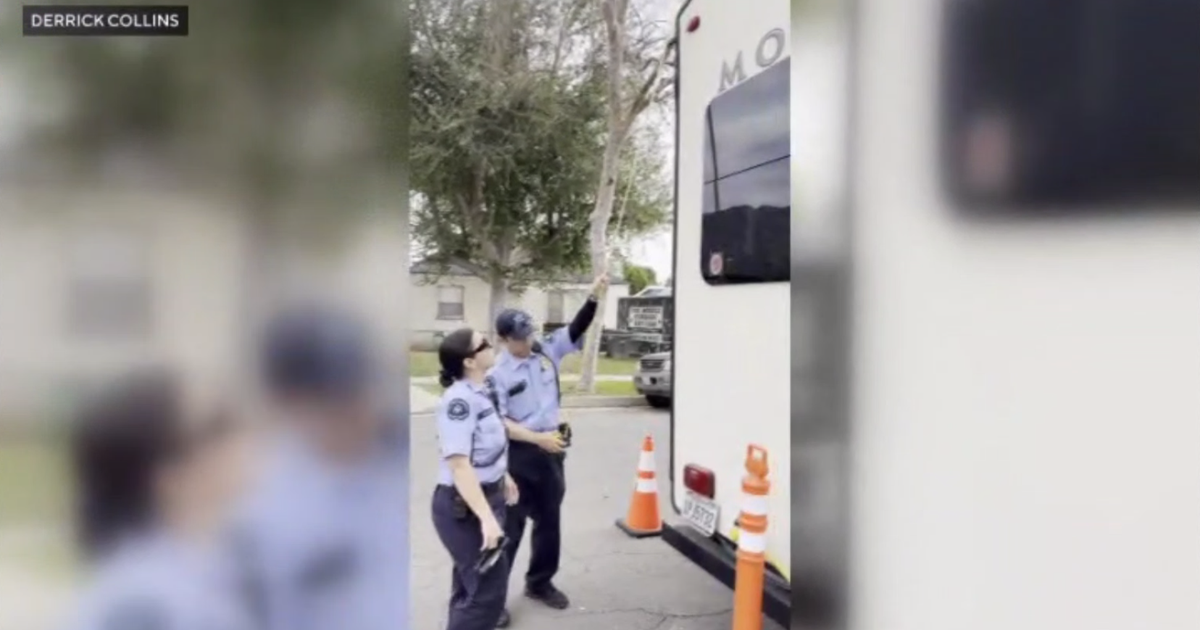Disney+ to hike prices and crack down on password sharing
Disney is following in the footsteps of Netflix in cracking down on password sharing, telling subscribers that people outside their households need to sign up and get their own subscriptions.
Disney+ this week began offering users a variety of options to pay for access to its streaming service on behalf of family members or friends who don't reside in the same home but were given unauthorized use of their accounts.
"Your Disney+ subscription is meant to be used within your household, which is a collection of devices associated with your primary personal residence that are used by the individuals who reside there," the Hollywood conglomerate told customers in a message. Those residing elsewhere "will need to sign up and pay for their own subscription or be added as an extra member to your account for an additional fee."
Users who are away from their home or have moved can still access the service by logging in with a one-time passcode sent to the email address associated with the account.
The Disney+ paid-sharing features and capabilities launched in some markets during the summer and are available in the U.S., Canada, Costa Rica, Guatemala, Europe and the Asia-Pacific region.
Domestically, an extra member profile will run an added $6.99 a month for Disney+ basic subscriptions and $9.99 a month for premium subscriptions, according to the company. Disney had allowed just one extra member for each primary account. The extra member option is not available for Disney bundle subscribers or for those billed through third-party providers. Disney+ account holders can transfer an eligible profile to a new subscription or extra member to maintain that profile's Disney+ watch history and settings.
Disney's broadened paid-sharing options come just ahead of increased U.S. prices set to take effect on October 17. Disney+ basic, with ads, will rise from $7.99 a month to $9.99, while Disney+ premium without ads will also go up two bucks to $15.99 a month. Disney is also raising the cost of Hulu, ESPN+ and its multiservice bundles.
The company also plans to crack down on password sharing for Hulu and ESPN, with both services earlier this year cautioning U.S. subscribers against sharing their log-in information with those outside their residence.
Netflix last year roiled its fan base by declaring it would no longer let users share their passwords broadly in a move that represented a reversal from its prior stance of encouraging password sharing as a way to attract more viewers.







